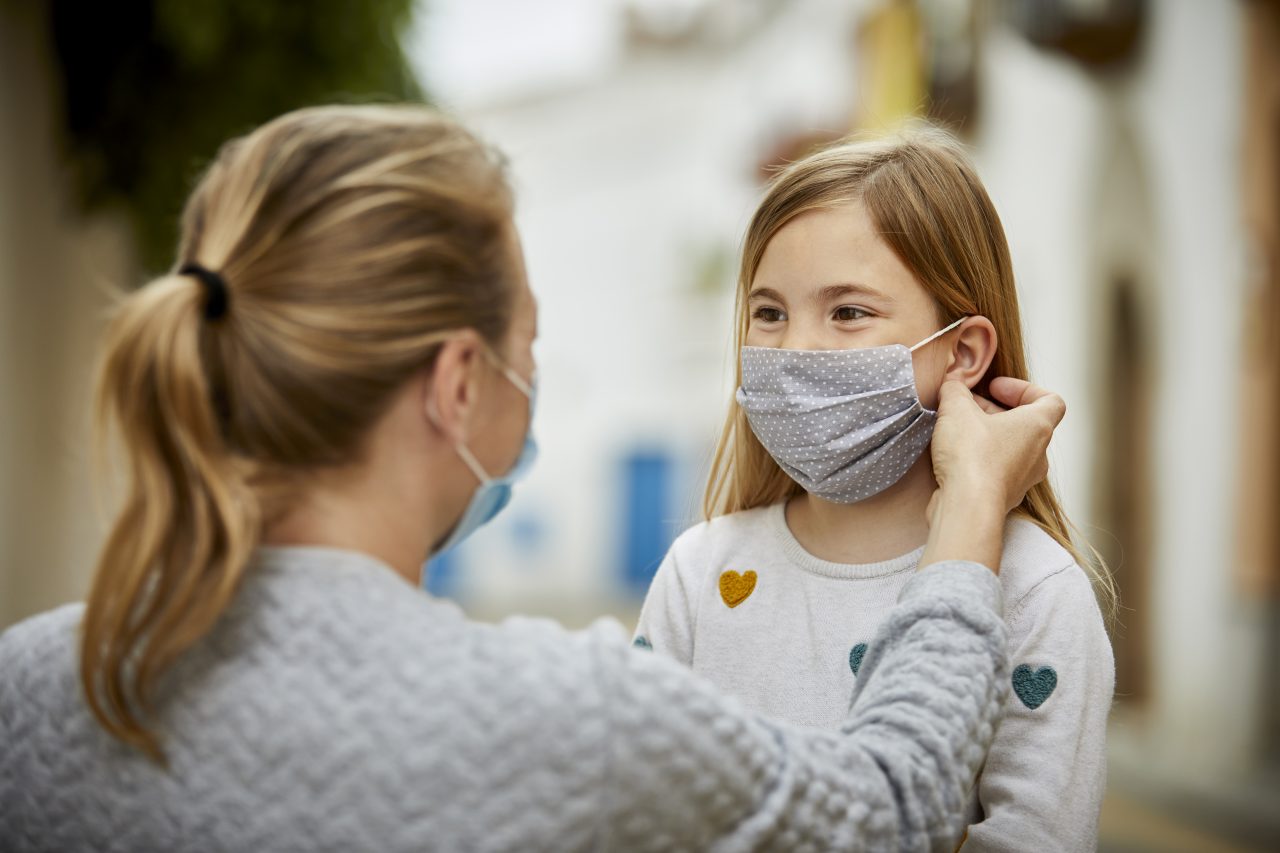This is a difficult time for everyone – parents and children alike. With mental health concerns on the rise, it is important to be vigilant and identify possible signs of a mental health illness if they manifest in your child. Thankfully, as a parent, you can play a vital role in providing the emotional support your child needs.
Identifying signs of changes in your child’s mental health depends on the age of your child and developmental stage he/she is in.
Infants and young children: Stress often manifests with changes in eating, sleeping and/or toileting habits. Your child may regress in their development or require more attention than usual.
Older children and adolescents: Symptoms of mental health issues are often internalized through withdrawal or through outward signs including excessive worrying, argumentativeness, aggression and/or defiance. Other indicators that your child could be suffering from a mental health disorder can include new onset abdominal pain, headaches, fatigue, insomnia or a lack of interest or motivation.
For most children, adjustments made at home or school, support from caregivers and his/her peers will help to manage emotional needs. Younger children respond well to love, consistency and structure. For older children and adolescents who are distance learning, keep a daily schedule and routine, also limit screen time outside of school and “real time “communication with family/friends. It is crucial to have open and honest communications with your child and discuss what they are hearing in the media (the extent of this discussion depends on age). Avoidance of current events does not protect the child. For all ages, ensure your child is getting enough sleep, exercise and eating a healthy, well-balanced diet. Finally, facilitating resilience is key. Practicing relaxation, mindfulness and spending quality time with family will not only help everyone through this pandemic but are great tools for living a positive, healthier lifestyle in general.
If your child’s change in behavior is significantly impacting his/her life, causing disruption at home or school or if there are any concerns for suicidal or homicidal ideations, a medical professional must be involved in his or her care as soon as possible.
Do not hesitate to reach out to your pediatrician for help. At Hoag, we offer youth mental health screenings starting at age 11. Children who could benefit from additional help are referred to appropriate resources, such as the ASPIRE program that incorporates skills related to distress tolerance, emotional regulation, interpersonal effectiveness, and mindfulness. Teens and their families engage in the program to help build a collaborative relationship together. The ASPIRE program being a WASC accredited program also offers up to 5 elective school credits towards graduation.



